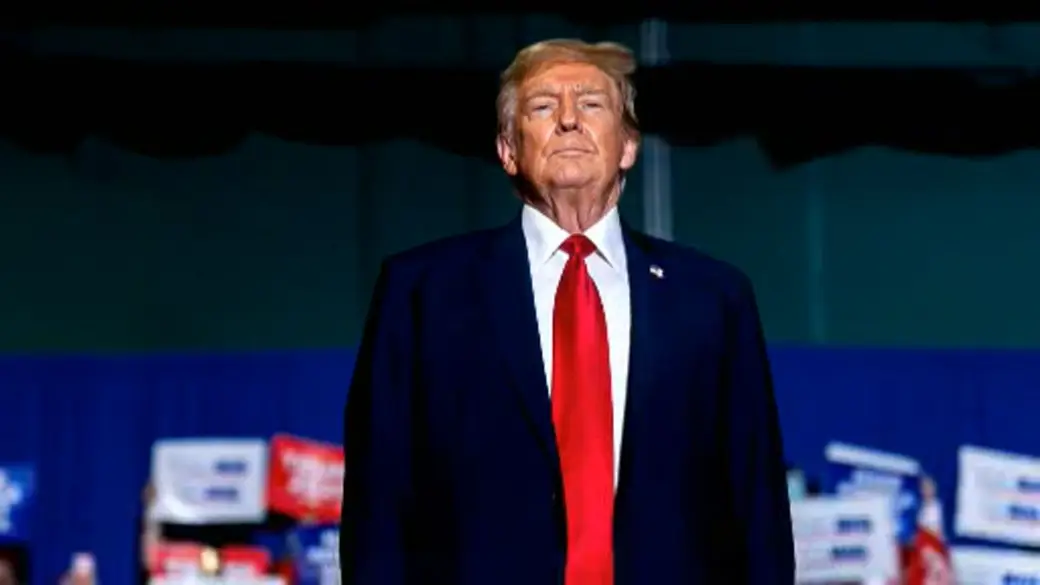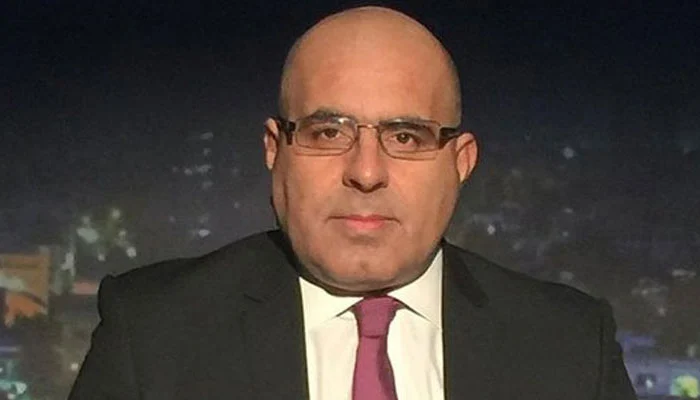Donald Trump’s trial in Florida on charges of unlawfully retaining classified documents after leaving office has been postponed indefinitely by a judge’s decision on Tuesday. This postponement significantly decreases the likelihood of him facing a jury in either of the two federal criminal cases against him before the November 5 US election.
Previously scheduled for May 20, Trump’s trial in the documents case brought by Special Counsel Jack Smith was delayed due to mutual agreement between the prosecution and defense. However, US District Judge Aileen Cannon, appointed by Trump in 2020, announced on Tuesday that the trial would no longer commence on May 20 without setting a new date. Pre-trial hearings have been scheduled to continue through July 22.
Trump, aiming for a return to the presidency, faces 40 federal counts for allegedly retaining sensitive national security documents at his Mar-a-Lago estate in Florida after his tenure ended in 2021, as well as obstructing government efforts to retrieve them. He has pleaded not guilty to all charges.
Given the legal hurdles and pending rulings in the cases, it’s uncertain whether either federal case will reach trial before the election. Judge Cannon’s pending rulings on key legal issues in the documents case and indications of support for Trump’s defense pose significant obstacles for the prosecution.
In another case concerning Trump’s attempts to overturn his 2020 election loss, the US Supreme Court appears inclined to recognize some level of immunity for former presidents regarding official actions, potentially further delaying Trump’s legal proceedings as lower courts navigate the implications.
Trump’s legal team has actively sought to delay all four criminal cases he faces. They argue against starting the trial until after the election, proposing an August 12 date in response to Judge Cannon’s order, while the prosecution suggests a July start.
The charges against Trump in the Florida case include violations of the Espionage Act, conspiracy to obstruct justice, and making false statements to investigators. The legal battle intensifies as both sides maneuver for advantageous timing, with potential trial dates clashing with the looming election.
Despite the legal complexities, Trump has consistently depicted the cases against him as politically motivated. The outcome of these trials could significantly influence public opinion, with a substantial portion of Republicans and independents indicating they would not support Trump if convicted of a felony.
The timing of any potential trial before the election raises concerns of perceived interference, prompting careful consideration from legal experts and the judiciary alike. However, the possibility of Trump’s reelection could alter the trajectory of these legal battles, with implications for the future of the cases and the justice system as a whole.



